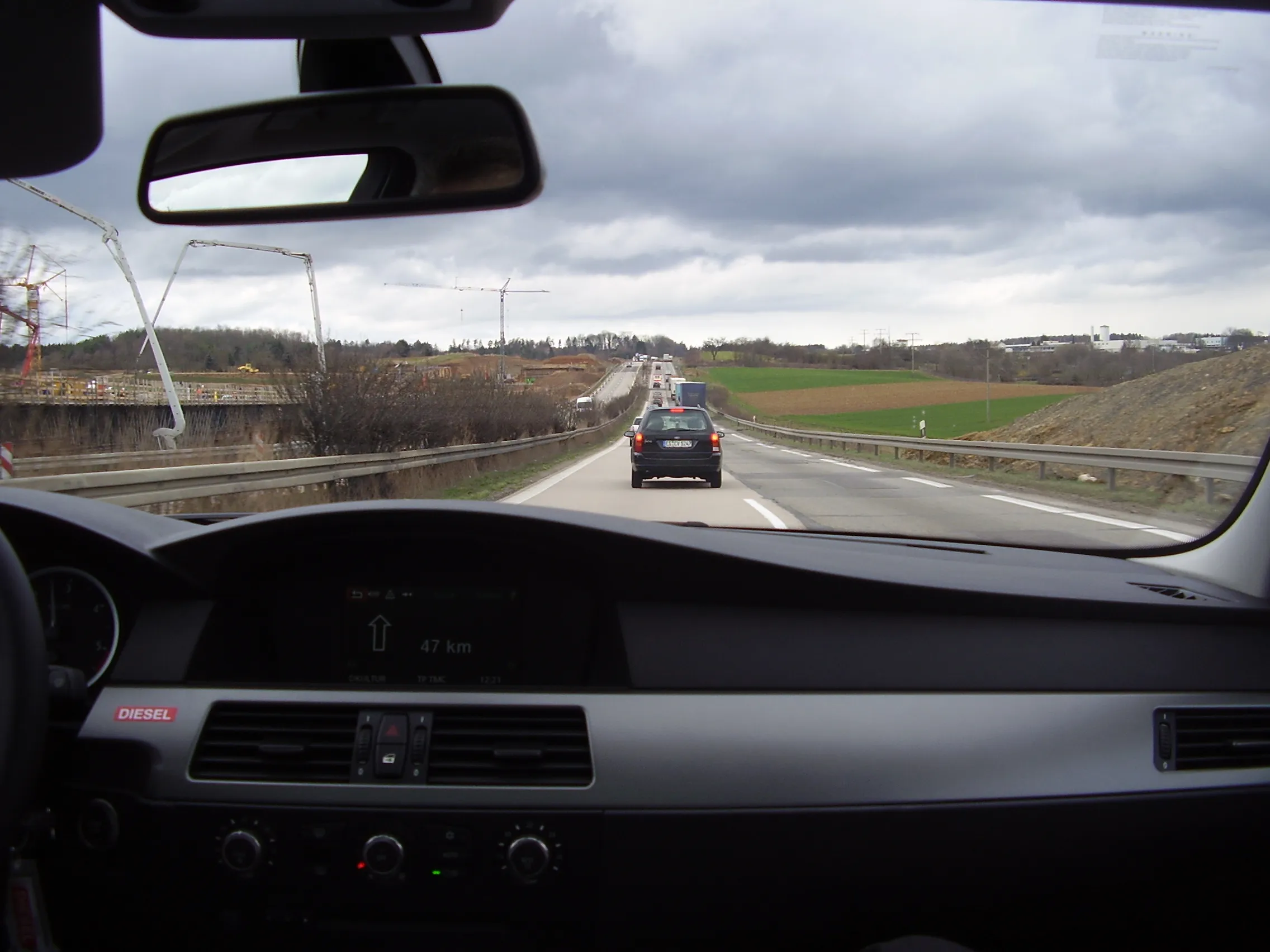
New proposals are being put forward that would see speed limits being imposed across all of Germany’s Autobahn highway network. This would bring to an end the remaining sections of the network with unlimited speed limits.
One of the founding members of the European Transport Safety Committee (ETSC) is the German Road Safety Council, which is calling for a speed limit of 130km/h to be imposed across all of the Autobahn network. Lower speed limits and variable speed limits would also be imposed where required.
According to the German Road Safety Council, “Speed plays a particularly important role with regard to the distance travelled during the reaction time, and the kinetic energy acting on the vehicle occupants. A reduced speed leads to a shorter stopping distance and reduced accident severity with the same reaction time. It also has a positive impact on the harmonisation of traffic flow.
Although Germany’s road safety record is comparatively good, the crash rate on the stretches of Autobahn where there are no speed limits is higher. This is reflected in the overall crash and casualty statistics for Germany. For example, the fatality rate on the German Autobahn network is around twice as high as for the UK motorway network. Crashes on these stretches with no speed limits are more likely to be catastrophic. It is worth noting that any driver involved in a crash while driving (legally) at high speed on a stretch with no speed limits will be considered partially at fault.
There has been a long debate over many years regarding the continued existence of sections of Autobahn with no speed limits. Both green groups and safety campaigners have called for speed limits to be introduced. A German Government commission on the environment previously recommended introducing a 130km/h limit. So far the German Government has ruled out the change however, with the country’s motoring lobby pushing to retain the status quo. The Minister of Transport has repeated inaccurate claims that he German Autobahn network is the safest in the world, despite the fact that the UK’s motorway system has around half the risk to users, while Sweden’s highways are safer still.








